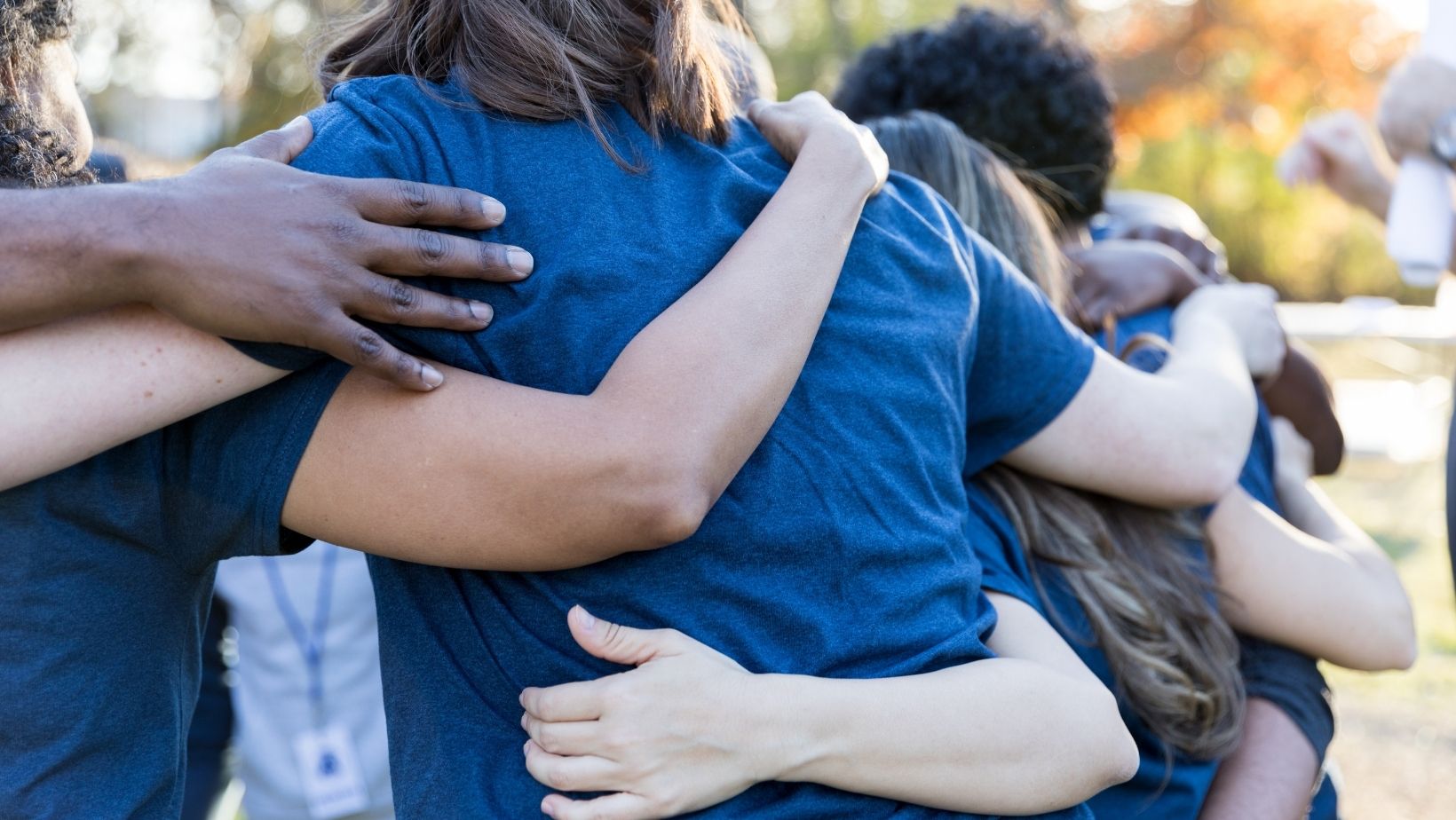
Giving to the less fortunate is a noble and rewarding endeavor that not only helps those in need but also contributes to a more compassionate and caring society. There are numerous ways to give to the less fortunate, and the choice of method largely depends on your resources, time, and personal preferences. In this article, we will explore a variety of ways to make a positive impact on the lives of those who are less fortunate.
- Donations to Charities: One of the most common and effective ways to help the less fortunate is by donating to reputable charities. These organizations are experienced in identifying the needs of various communities and providing essential services. You can give in-kind donations, money, goods, or even your time to support their initiatives.
- Volunteering: Giving your time can be just as valuable as monetary donations. Many organizations rely on volunteers to deliver their services. You can volunteer at local food banks, shelters, or community centers to directly engage with and assist the less fortunate.
- Food Drives: Organizing or participating in food drives is a practical way to help those facing food insecurity. Collect non-perishable items and distribute them to local food banks, shelters, or directly to individuals in need.
- Clothing Drives: Gather gently-used clothing and donate it to organizations that serve the homeless and low-income individuals. Warm clothing and essentials are particularly crucial during colder months.
- Educational Support: Invest in the education of less fortunate individuals by supporting educational charities or scholarships. Providing access to education can be a transformative way to break the cycle of poverty.
- Mentoring: Offer your expertise and guidance to those in need. Mentorship can be incredibly valuable, helping individuals acquire skills and knowledge that can improve their lives.
- Sponsor a Child or Family: Consider sponsoring a child or family in need through programs like World Vision or Save the Children. Regular contributions can provide them with essential resources and opportunities.
- Homeless Outreach: Engage with your local homeless population by distributing food, water, hygiene kits, and blankets. These small acts of kindness can make a significant difference in their lives.
- Microloans: Support entrepreneurs in developing countries by providing microloans through platforms like Kiva. Your investment can help individuals start or expand small businesses and improve their economic stability.

- Medical Assistance: Contribute to organizations that provide medical care to those without access. Your support can help provide vital medical treatments, surgeries, and medications to those in need.
- Emergency Relief: When natural disasters or crises occur, consider donating to organizations that provide emergency relief. Timely support can save lives and provide crucial resources to those affected.
- Community Gardens: Encourage self-sufficiency by helping establish community gardens in low-income neighborhoods. These gardens can provide fresh produce and promote healthier eating habits.
- Supporting Nonprofits: Research and support local nonprofits that address specific issues within your community. Whether it’s addressing homelessness, addiction, or hunger, local organizations often have a deep understanding of the problems they aim to solve.
- Donating Blood: Giving blood can be a literal lifesaver. Blood donations are in constant demand, and your contribution can help those facing medical emergencies.
- Fundraising: Organize or participate in fundraising events, such as charity runs, bake sales, or auctions. The money raised can go a long way in supporting various causes.
- Random Acts of Kindness: Small acts of kindness, such as buying a meal or coffee for someone in need, can brighten their day and remind them that they are not alone.
- Advocacy and Awareness: Use your voice to advocate for the less fortunate. Raise awareness about issues like poverty, homelessness, and inequality through social media, blogs, or public speaking.
- Support Fair Trade: Choose to buy products that support fair trade practices. These products often benefit marginalized communities and promote ethical labor practices.
- Teaching Life Skills: If you have expertise in financial management, job searching, or other life skills, consider teaching workshops to empower individuals to improve their circumstances.
- Donor-Advised Funds: Establish a donor-advised fund to make more strategic and tax-efficient donations. These funds allow you to contribute assets and make recommendations on how they should be distributed.
- Participate in Service Trips: Join service trips or missions organized by charitable organizations. These trips often involve volunteering in underserved communities, and providing direct assistance.
- Support Animal Shelters: Animal welfare organizations can also use your help. Consider adopting a pet from a shelter, or donate money, time, or supplies to support their work.
- Employment and Training: If you are a business owner, consider providing employment opportunities or job training programs to individuals from disadvantaged backgrounds.
- Eco-Friendly Initiatives: Promote eco-friendly practices that benefit both the less fortunate and the environment, such as supporting renewable energy or donating to reforestation projects.
- Homemade Gifts and Crafts: Use your creativity to make homemade gifts or crafts to sell, with the proceeds going to charitable causes.
In conclusion, there are countless ways to give to the less fortunate, ranging from financial contributions to hands-on involvement. The key is to find a method that aligns with your resources and interests. Regardless of the method you choose, the act of giving is not just about providing assistance; it’s about fostering a sense of community and compassion.

By reaching out to those in need, we can collectively create a more equitable and caring world for everyone. Remember, every small effort counts, and together, we can make a meaningful difference in the lives of the less fortunate.























